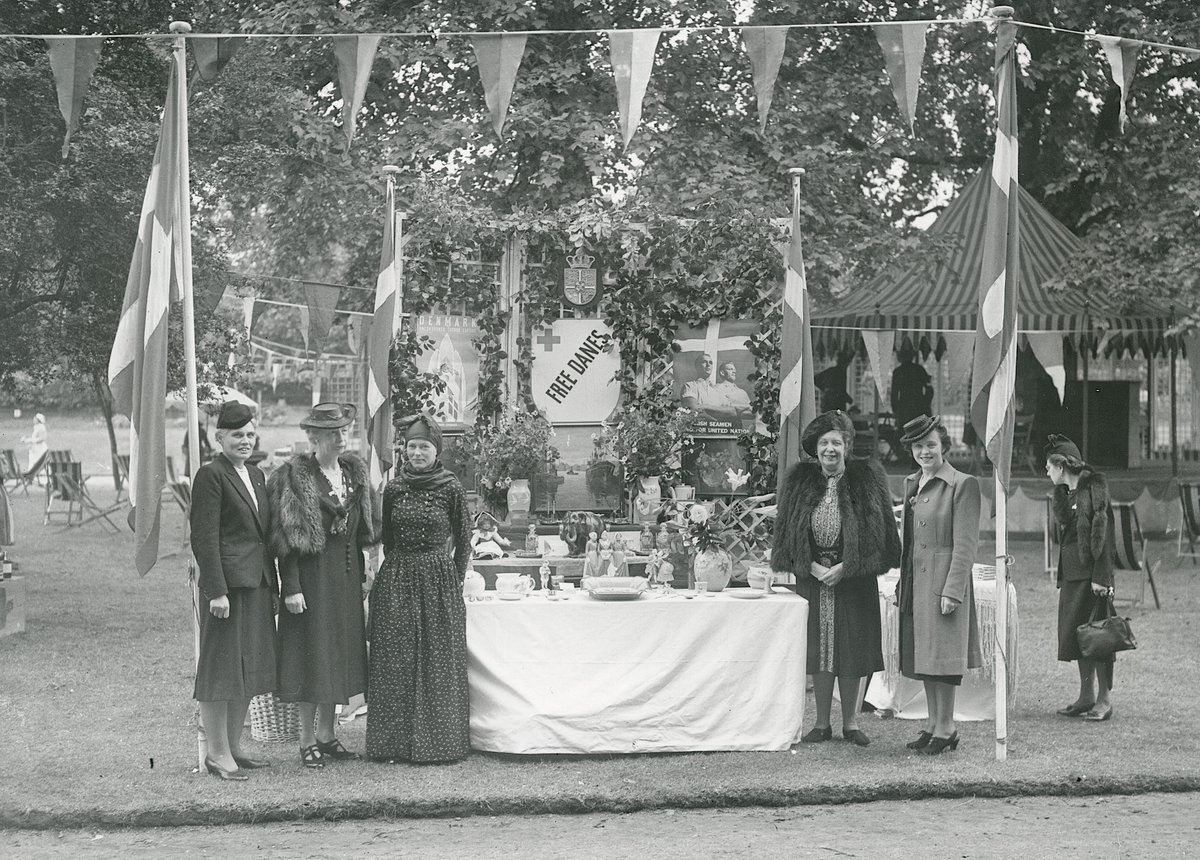To the limited extent that Danish exile politics has been the object of scholarly attention, historians have looked at male political activities related to formal military, diplomatic or resistance organizations. It is the aim of this WP to broaden the definition of exile politics to include female actors and their activities to promote Danish interests.
Organising social activities aimed at connecting and building trust among relevant political actors has been the remit of elite women for centuries. However, this activity became uniquely politically important during the war due to the informal and improvised character of exile politics. As the large inflow of disparate Danish decision makers and activists hit Stockholm and London and made their way into private homes and other informal spaces, there was an imminent need to forge new political, social and emotional connections and there were only the wives, daughters and female friends of politicians, diplomats and military personnel to orchestrate it.
This project wants to highlight the female half of Danish exile politics by exploring these activities. In doing so, it wants to demonstrate how these activities came to push the limits of female diplomatic-political participation as women organized a broad range of social and cultural events, displays, lectures and national celebrations that in key regards resembled professional cultural diplomacy.
Associate Professor, PhD, Karen Gram-Skjoldager. Gram-Skjoldager holds a PhD in history from the University of Aarhus. She has worked extensively on European and Scandinavian internationalism, war and conflict resolution, diplomacy and international organizations. She most recently directed the research project “The Invention of International Bureaucracy” that explored the institutional achievements, breakdown and legacies of the League of Nations.
